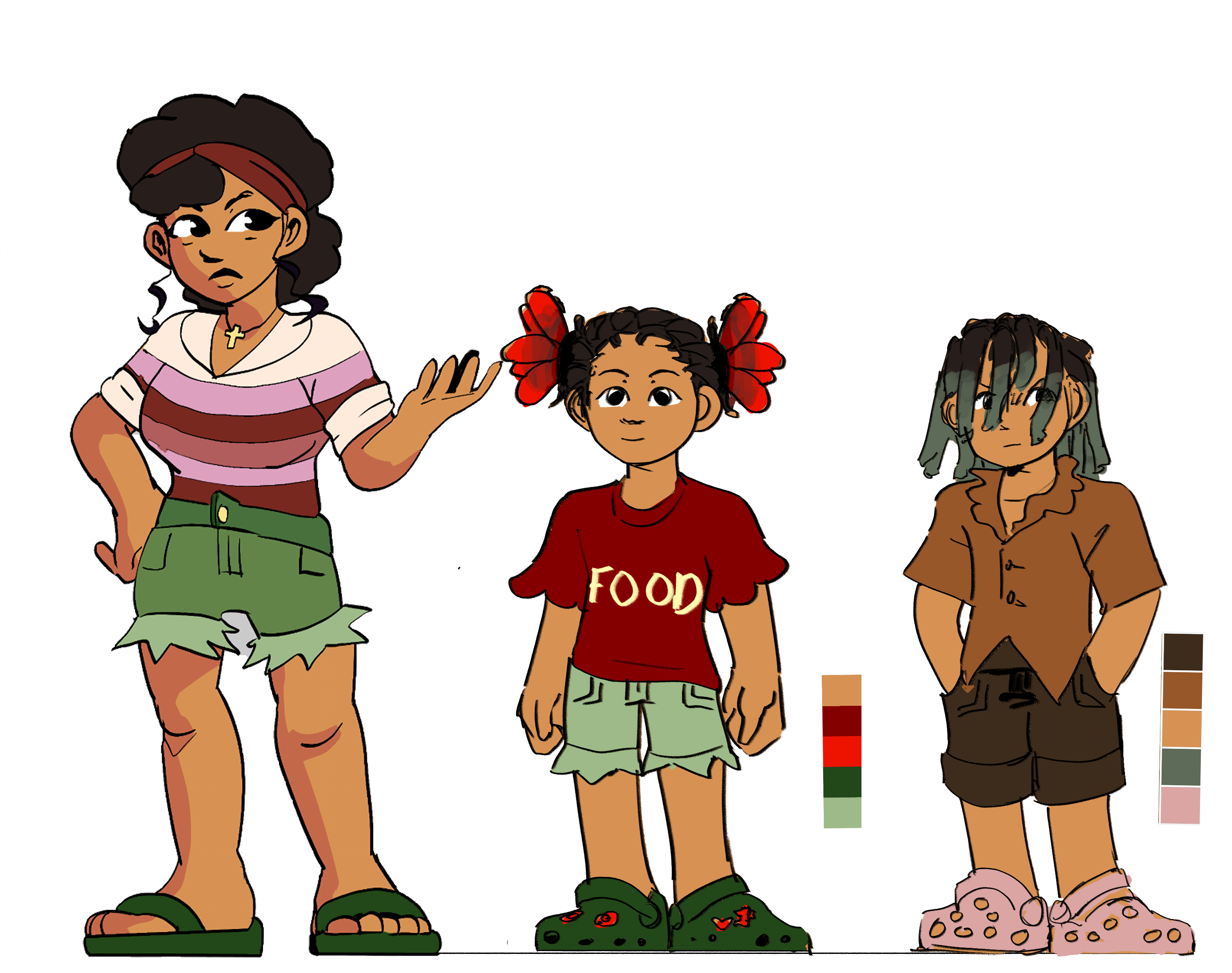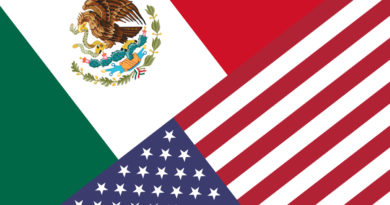My pathway to programming
My father introduced me to video games when I was young, and I became fond of playing them in my free time. However, making video games supplied me with a different feeling. The experience of programming video games gave me a rush of happiness. I loved being able to “get into the zone” of video games. The balance between the motion of experience and the game movement provided me with satisfaction.
In 6th grade, Pamela Johnson Upson, a computer science teacher at Burney Harris Lyons Middle School, taught me about computer programming.
I was familiar with playing video games, but I’d never realized how complex the process of programming a game is. Computer programming, or coding, is when you give a set of instructions for a computer to execute. It is the process of transforming ideas into a written language. When creating a video game, you are telling the computer what to do: how the player interacts with the environment, people and more.
When I made my first video game on Scratch, a high-level block code software for children to learn coding, it was awful. The game was called Fishing Game. It was a roughly made chase game that used the arrow keys. Still, using Scratch helped me understand the different code scripts used in programming. Scripts are the computer’s language that help it interpret and convey the messages into something we can understand.
I remember disliking programming at first. It was very complex because there are many different types of computer languages. Some include C++, Python, Javascript and HTML. The main two popular computer languages are Python and Javascript. The difference between those two: Python is easier to learn because it is dramatically typed and it’s an interpreted language, while JavaScript uses a statistical-like and compiled language, making it more difficult. Like learning a language, learning programming requires me to put in effort and familiarize myself with the techniques.
Programming became a coping mechanism for dealing with a harsh reality: the downfall of my mental health. Creating video games allowed me to escape from my surroundings, creating new lives where I could be creative, concentrate and learn a whole new language that only a computer knows.
After a period of disinterest, I began programming again in 8th grade with code software like CodeCombat and Code.org. These programs can create interactive games, stories, music and animations.
When I ran into Mrs. Upson again, she encouraged me to join a program called Gameheads, a non-profit program that helps low-income students prepare skills to become successful in school and their careers. It was an opportunity for me to satisfy my desire to learn something new, considering my interests in programming.
Students participating in Gameheads come from all over, also desiring a new experience. Some students have the same skills as me, some students are highly advanced, while some students work in artwork or storytelling. Several students have more than one of those skills, while some have no previous experience within the technology industry.
At first, I didn’t enjoy the meetings. I thought they were boring because I didn’t understand what we were talking about, and we would meet on Saturdays for five hours. Being shy and introverted, I never spoke to many people online, so collaborating with people in person was nerve racking. The students were way older than me, with some in college. I thought I wouldn’t fit in and wouldn’t understand the students. On top of my perceptions, I was working in Gameheads while attending school at the same time, so that brought additional stress.

Over time, Gameheads facilitators explained more about the gaming industry and its history, and I realized the lessons were important for me to understand. They gave me great advice toward a career in the tech industry. Particular careers I’m interested in are software engineering or aerospace engineering. With more socializing, I understood the students, some of whom I could relate to, and that made me feel more included.
The classes that Gameheads provides are really helpful and lead students to have fun and learn more about the gaming and technology industry. The classes allow students to advance their skills in making actions, character movement and world building. These classes include programming, graphic design and narrative writing.
In August, I had the opportunity to travel across the country to California for Gameheads’ 10th anniversary event. At this event we show the public the games we make. This was my first year being part of Gameheads, so this experience was all new to me. This year Gameheads hosted their largest group of students yet, with roughly 200 students from around the United States.
My hopes with programming in college are to double major in computer science and engineering and enter into the tech field. I’ve met so many people who want to see my growth and who are willing to support me.
Gameheads has given me so much advice, and I’ve learned so much from them. I’ve learned that within the technology industry it is possible to create video games with a diverse group of programmers. I have seen so many wonderful people just from Gameheads from different backgrounds. These different backgrounds within people help bring more cultural diversity within the technology community and video games. Gameheads taught me that when the creators have diverse viewpoints, video games are better.




